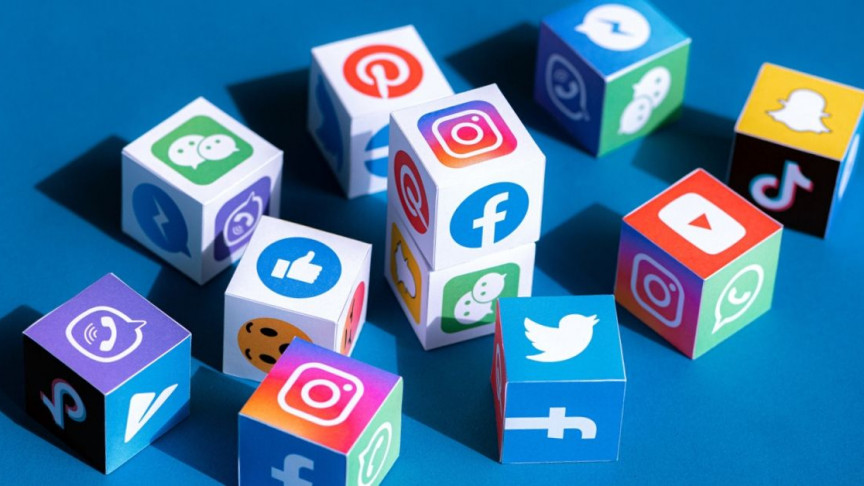
Explore the video provided and reflect on the themes of a PLN in a professional capacity.
PLNs allow us to hear various voices from people of different nationalities, races, careers etc. Reading diverse posts and social media shares bring audiences different perspectives on things while being a distraction. Especially on some sensitive and controversial topics, as Mr. Brad Baker said, supporting and challenging each other is pretty common. It is fortunate to have a chance to hear the original stories and thoughtful ideas. Also, one of the most critical roles that social media plays in education is a knowledge keeper. As long as users posted or comment on something, the contents are somehow recorded by the internet. Far before that, social media also record the path of knowledge in different areas. In other words, it provides us with the former information, which can be seen as a foundation, so that we can fix and improve matters and issues. Thus, we are now calling on a healthier usage of social media, which is also mentioned by Brad Baker.
Which social media platforms are beneficial in education?
Alec Couros (2010) mentions social media platforms that he thinks are beneficial in education. Based on his experience, he mentions video sharing and blogging, which are also my essential tools used for education. I prefer using Twitter, which Brad Baker mentioned in the video, and YouTube. Firstly, they are very handy to use. Compared with Facebook, it is easier to get familiar with different functions on both YouTube and Twitter. In addition, they are wildly used, which means connecting others is convenient. Also, hashtags and keywords not only make searching things easier but also allow us to find the group of people who have similar values. In education, it is significant to find the right group to discuss with and think together. Thus, although there are many platforms out there, Twitter and YouTube are the two platforms that I use the most.
Consider the equality that exists when all have the same platform to engage community dialogues.
Participating in community dialogues through the same platform makes every individual have the same amount of resources. This means that everyone has equal chances to access information and share their thoughts. However, even on the same platform, people do not think the same. Thus, it is crucial for people to express their opinion with respect and share information with evidence.
Reference
Couros, A. (2010). Developing personal learning networks for open and social learning. Emerging technologies in distance education. (pp. 109-128). AuPress. https://www.aupress.ca/app/uploads/120177_99Z_Veletsianos_2010-Emerging_Technologies_in_Distance_Education.pdf
McFadden, C.(June 2, 2020). A Chronological History of Social Media [Picture]. Interesting Engineering. https://interestingengineering.com/a-chronological-history-of-social-media
MILLER. (June 11, 2021) Brad Baker EDCI 338 [Video]. YouTube. https://www.youtube.com/watch?v=C5z8iHxW2n4
5 Comments
Hi Kelsey!
I liked your point about how social media roles play in education as being a knowledge keeper. Once you make a digital footprint it will remain on the internet forever. This is quite scary but also fascinating to think about. The downside to this is if a user is having a bad day where they can’t think clearly about the post they make will be with them their entire life. This can potentially ruin both their business and personal life. A great blog post this week!
Hi Kelsey!
I agree that YouTube and Twitter are much easier to use than compared to Facebook. I’ve had facebook for years and I still find it confusing. I’ve only had twitter for two years but it is so easy to use. I find it really helpful for school because I can look up hashtags or topics and get various opinions and thoughts! I think Youtube is one of the best educational resources. You can find so many tips and solutions for school!
Hey Kelsey, thanks for sharing!
You mention that it’s important people use respect when using social media and that they show evidence of where they get their information. Do you think apps like Twitter and Youtube facilitate this, or do you think there should be features within these platforms to easily insert references to sources?
I haven’t thought about this much before, but your blog post made me reflect on it a bit!
Hi Kelsey,
I very much agree with you that Twitter and YouTube are better tools. In my daily life, I also often use Twitter and YouTube because they are more convenient and convenient than other social media software. There will not be so many cumbersome processes.